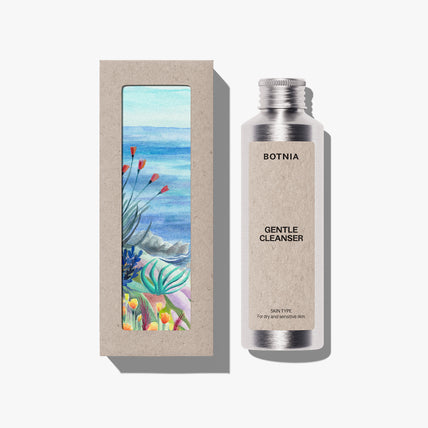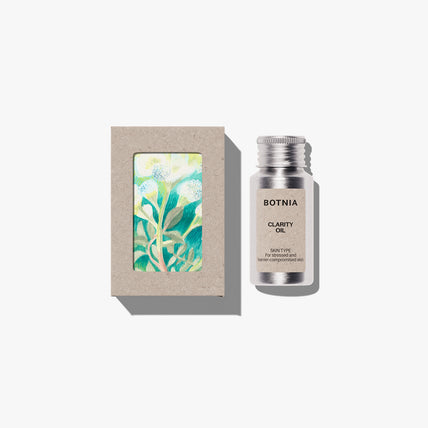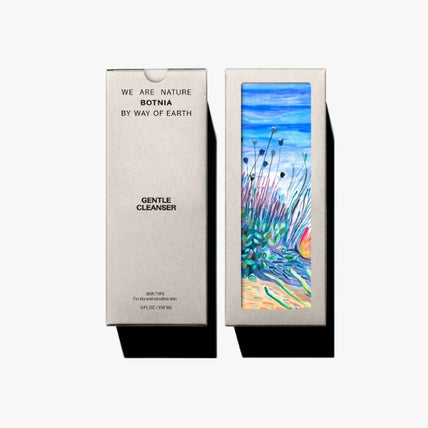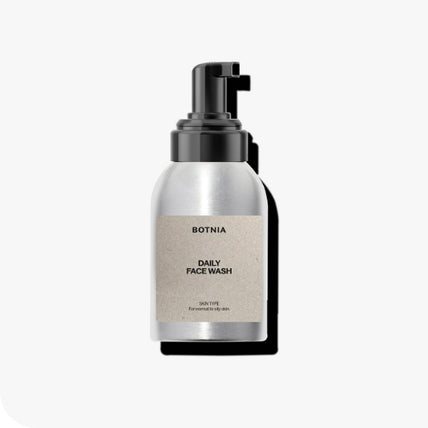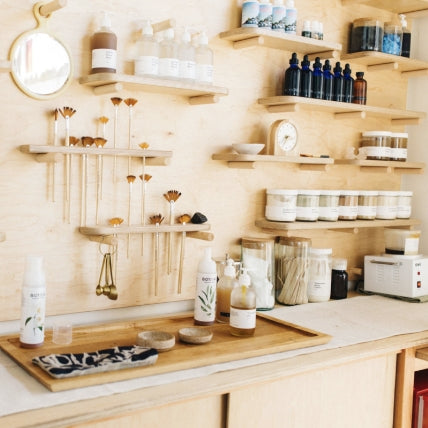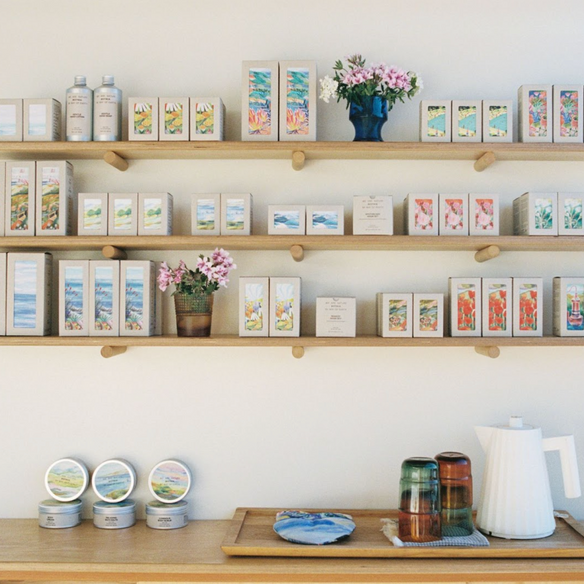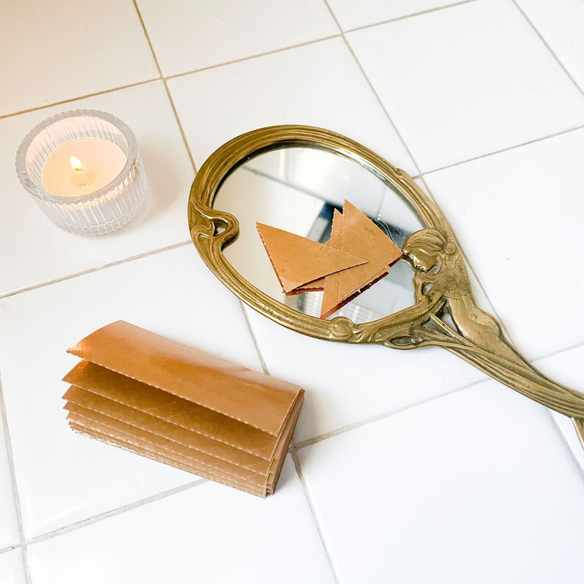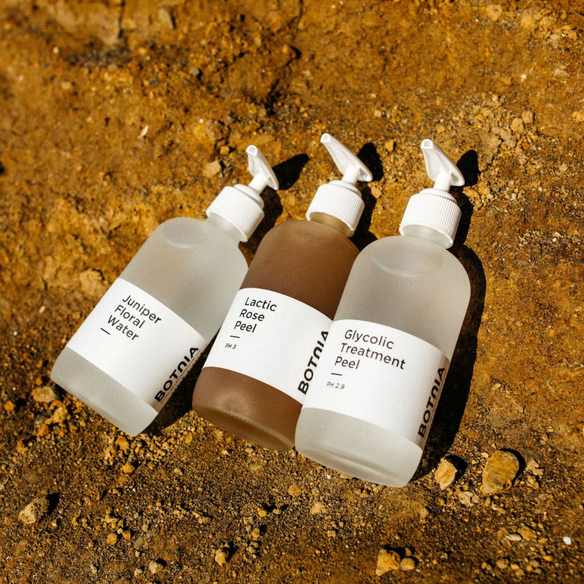
How to choose a Botnia Hydrosol
If you’re familiar with Botnia Skincare, you may have heard us talking about hydrosols (like our Rose Geranium or Juniper Hydrosols) or even tried one of our seasonal hydrosols. Those who are new to organic skincare might wonder: what is a hydrosol and how do you know which one is right for you?
We think of hydrosols as powerful single-ingredient skincare: they’re the water by-product of a botanical that’s distilled during the manufacturing process of essential oils but are much less concentrated than an essential oil. Hydrosols also go by the name of “floral waters.” You can read more about the process of how we make a hydrosol here.

How to choose a hydrosol
Since hydrosols are a single-ingredient product, you can get really specific with using one in your skincare routine. You’ll want to know your skin type which can help narrow down the one that will work best for you, but most hydrosols can be used for almost all skin types.
Think about the outcome you’re looking for and find a hydrosol based on that benefit. Even if you’re not super-familiar with plants, you’ll probably know the benefits of the most popular plants in the world: lavender and chamomile for calming, or witch hazel for its astringent properties. Each of our hydrosols have key benefits that we suggest for different skin conditions.
For example: if you have excess sebum and run more oily with congested skin, a slightly drying hydrosol like our Juniper Hydrosol or Piñon Hydrosol will be great for these oilier skin types. Both hydrosols have a slightly exfoliating component that aids your skin in cell turnover.
A general hydrosol we love for all skin types and skin conditions is our Rose Geranium Hydrosol - you can learn all the benefits of Rose Geranium here.
With any of our seasonal hydrosols, check out the plant benefits against your skin type to see if it’s something you might want to add to your routine!
In general, most hydrosols will be safe to use for all skin types. Get creative with using your hydrosol in your skincare routine. You can use it on its own after a cleanser, and paired with our Hydrating Serum for the hydrating benefit for your skin. It can be used with our powdered masks as a base or added sustenance to target a specific skin condition. Spray it all over the skin for a refreshing boost throughout your day.

What to be aware of when choosing a hydrosol
Allergies - If you have allergies to plants, you’ll want to be aware of this when choosing a hydrosol. Some plant families will have similar constituents to grass or can be grown with grasses, so avoiding those plants or patch testing the hydrosol before use will be your safest bet. You can patch test behind your ear or on your inner arm to see if you have any reaction to the hydrosol before use.
Pregnancy and breastfeeding - There are some plants that are contraindicated for pregnancy and breastfeeding, but dig a little deeper and do some research on the specific plant you’re interested in using. Certain plants you’ll want to avoid internally, but topically can still be safe to use in small amounts. Check in with your doctor or health care provider if you want to use a hydrosol that is typically contraindicated for use during this delicate time.

The science of hydrosols
Hydrosols are essentially the immune system of a plant, and depending on the plant, we can use these constituents in our skincare routines to aid our skin in functioning at its highest level.
Terpenes found in hydrosols are mostly responsible for the aroma of most plants like linalool found in lavender which has calming effects on the senses and body. Some terpenes can help plants recover from damage or keep away infectious germs.
Flavonoids are similar to melanin (pigment in skin), and are found in plant pigments for coloration which helps pollinators see plants for pollination. They protect plants against environmental damages like sun damage, drought, freezing temperatures, and more.
Hydrosols are different from toners. Toners are meant to add acid into your skincare ritual to aid your naturally acidic barrier in protecting you against bacteria. Hydrosols are better used as added sustenance to your skincare regime - even though they’re the consistency of a toner, they are actually closer to a serum in use.
If you’re still unsure which hydrosol is right for you, our master estheticians are here to help guide you in the right direction. Reach out to us or answer our questionnaire and we’ll get back to you with our recommendations.
Xo,
Botnia


